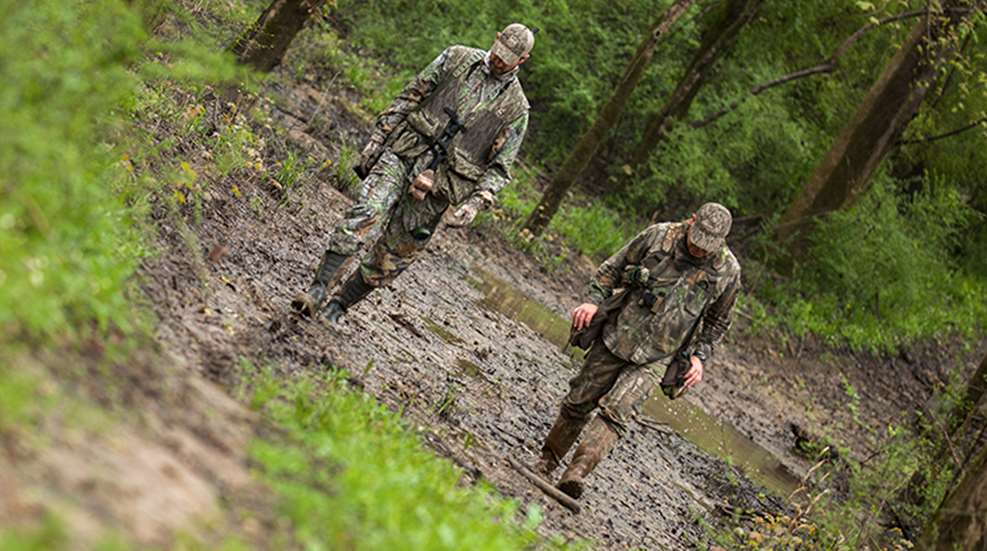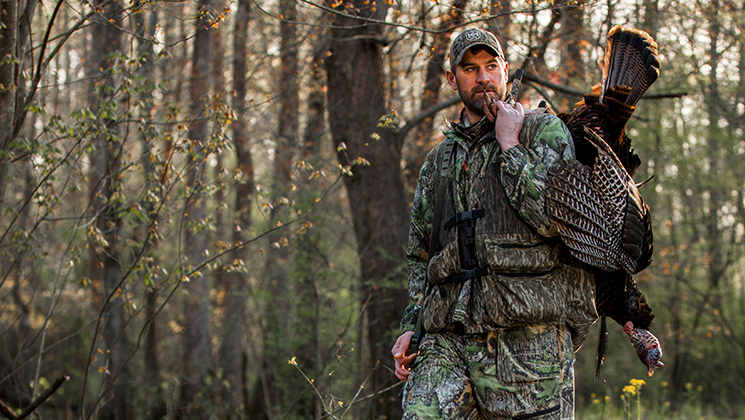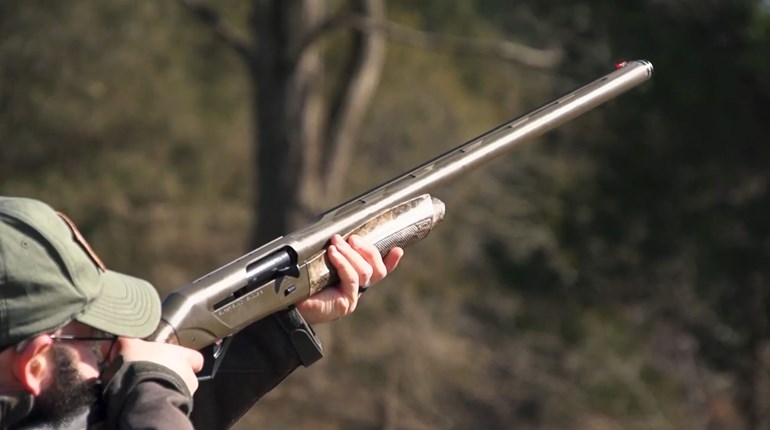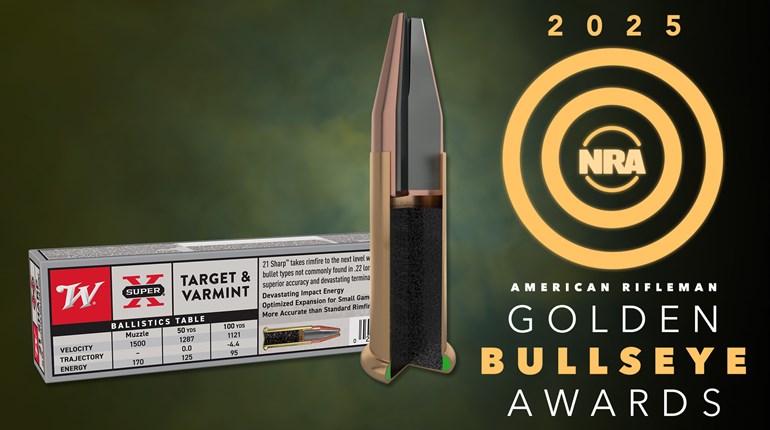
Benjamin Franklin once wrote that the bald eagle “is a bird of bad moral character” while the wild turkey “is in comparison a much more respectable bird.” Historians like to point to this opinion as an example of Franklin’s original thinking and eccentric rationale, but he was hardly alone in such reasoning. Ben simply paraphrased the feelings of every turkey hunter from Alabama.
Now before you tell me Alabama didn’t exist when he penned that letter to his daughter, I suggest you spend a few days in spring there. You’ll come back realizing Alabama’s date of official statehood is an inconsequential detail compared to its residents’ esteem for the wild turkey. Folks from Alabama love turkeys far more than Benjamin Franklin ever did, and their descriptions of cagey gobblers hold a special kind of poetic reverence that Ben, philosopher though he was, probably wouldn’t understand.
“He’s a dirty ol’ swamp bird,” said Rodney Dyer as we treaded lightly over a wooden bridge to cut the distance to a tom sounding off in a treetop. “He hardly ever gobbles once he’s on the ground.”
Being the caretaker and head guide of Allen Acres, a turkey-rich bottomland along the Black Warrior River about 20 miles south of Tuscaloosa, Dyer had a history with that bird. Hearing equal parts of disdain and respect in his half-whispers, it was like I was listening to an Auburn fan rail against the Crimson Tide. Dyer hated that turkey in the best way. He wanted to kill him bad. I almost felt like I should hand him my shotgun when he motioned for me to take a seat against a cypress tree.
But Dyer’s choice of armament came in a more musical form: a Knight & Hale Scarlet Fever pot call played with all the attention to pitch and rhythm that the former Carnegie Hall performer could muster. Sitting a few yards in front of Dyer, I could hear the emotion in his clucks and yelps. The gobbler could, too, and he voiced his approval with responses that boomed across the adjacent bayou and shook the strands of Spanish moss hanging from the limbs of the oaks.
I was counting gobbles and had reached the 30s when it sounded like someone smacked the pool of water next to me with a canoe paddle. Though we were camouflaged head to toe and almost motionless, a beaver had somehow picked us out as not belonging in its territory. Well, that’s the end of that, I thought. I let out a sigh of disgust when the beaver slapped the water with its tail a second time, but the bird’s shock-gobble cut off my air. Flapping wings and a double-gobble left no doubt this tom was still hot.
The wily bird that hardly ever gobbled on the ground had flown across the beaver’s bayou, landed at the end of an old logging road 75 yards in front of us and was doing his best to make up for his silence during previous encounters. Five minutes and countless gobbles later I swung my shotgun to the right and dropped the long-spurred loudmouth in the wet grass at 11 paces.
“Dirty ol’ swamp bird,” Dyer jotted in marker on the bottom of the pot call before handing it to me as a keepsake back at camp. Benjamin Franklin couldn’t have paid that turkey a higher compliment, but then he wasn’t from Alabama.
Alabama Turkey Tools
• LaCrosse 4xAlpha Snake Boot protects feet against water and water moccasins. MSRP: $160.
• SIG Sauer Romeo4 red dot is parallax-free regardless of eye position. MSRP: $419.99.
• Knight & Hale Call Conditioning Tool provides five aids, plus chalk, to keep friction calls sounding sweet. MSRP: $9.99.






































